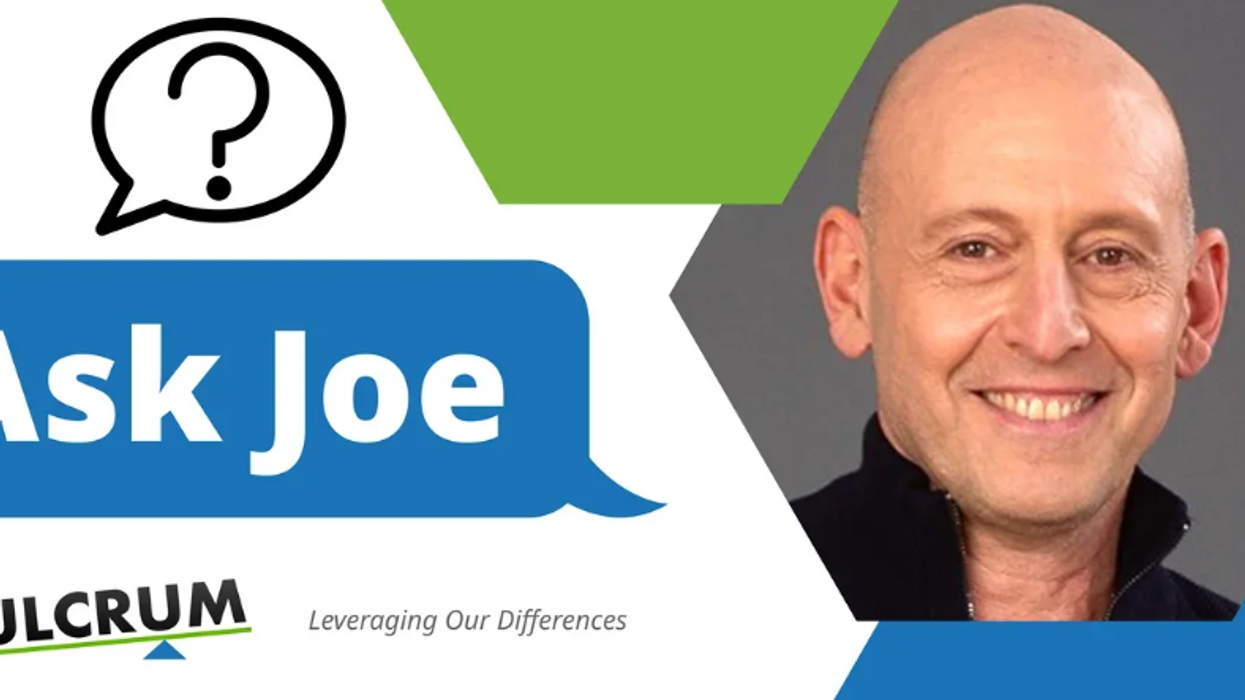Hi Joe,
I’m a little nervous sharing this with you, but I need some guidance on how to handle this. I have a friend who I’m sure is suffering from alcohol addiction. I can’t be sure because he seems to be able to hide it, but something seems off. I talk to our mutual friends about it, but they make jokes or change the subject when I bring it up. I know they feel the same way, but they don’t want to deal with it. I don’t know if it’s my place to say something? I don’t know how he’ll react. Any ideas?
Feeling powerless
Hey there, Feeling,
Wow, that’s a lot to hold on your own. And I am grateful that you reached out. I feel I must clarify that I don’t have a background in psychiatry or the psychology of alcohol addiction. You can look online for websites or services that could provide some more technical insights. What I can offer are some perspectives on what your role might be as a friend. I feel this is such an important topic at the moment, because so many of us, particularly young people, are struggling with high levels of anxiety, depression, loneliness, and thoughts of suicide. Without guidance, we are seeking maladaptive ways to manage this level of stress – from drug and alcohol abuse, eating disorders, excessive use of social media and gaming, to name just a few. While there may be many reasons for this, I believe one core aspect comes from a lack of feeling connection, belonging or being seen. How ironic that in a hyper-media culture, where we are more connected than ever before, linked to many online groups or platforms, with our personal lives transmitted through photos and memes throughout the world, that we are feeling more disconnected and disempowered than ever. It sounds like you and your friends are suffering from an unfortunate condition that I believe causes a lot of the pain and struggles in our relationships and ways we interact – “chronic niceness.” How do I know this? Your confusion and feeling powerless to do something and your friends’ avoidance of the issue.
I’d like to share a situation that happened to me years ago that helped me clarify the importance of developing my Respectful Confrontation work: When I was living in Holland, I had a circle of friends. We were very close. Suddenly one friend was not very present; when he was with us, he was not really himself. He kept asking us to lend him money. It became clear to the rest of us that he was using the money for his drug habit. Because we all suffered from “chronic niceness,” we kept giving him money (he was very persuasive). We knew something had to be done, but we were afraid of it getting messy. In other words, instead of facing the uncomfortable situation of speaking the unspoken, we were stuck in the suffering. We noticed that we were losing him, also that we were all carrying a big amount of resentment, pain, fear and anger. But I felt like something needed to be done. Because I was usually the truth-teller in all of my circles, I decided to “confront” him. I did it with empathy, love, but also with firmness and setting of clear boundaries. After a long dialogue, I expressed my concerns and pain, and told him that I wasn’t going to give him money anymore. This caused him to lash out and get aggressive. He refused to see me again and turned a few of our friends against me. This, of course, broke my heart. I doubted myself, and at times wished I didn’t confront him. But I also was able to stand strong in my conviction that my intention was to empower all of us; not harm. I didn’t judge him; I simply expressed my fear and concerns for his well being and my desire to bring us all closer together. That reminder to myself was all I had to stay strong in my decision.
Then I ran into this friend about five years later at a party. This was the first time we saw each other since that time and he looked good. After a lot of small talk, he eventually shared with me that it was my conversation with him that helped him see how lost he was in the drugs and eventually prompted him to seek out help. He expressed his gratitude. Almost every respectful confrontation feels awkward and uncomfortable to do and is a huge risk on so many levels. But because it has the potential to lead to deepening of relationship and trust, and the empowerment of all involved, that choice to have the conversation and doing it with skill, courage and compassion is essential. I overcame my chronic niceness and stepped into fierce compassion.
So, Feeling, what can you do to help your friend feel connected, not alone, supported and fully seen in a non-judgmental way? Check out my book, Mastering Respectful Confrontation, for an in-depth examination and approach for gaining more skill and courage in having difficult conversations. Maybe first start with “confronting” your other friends and see if you can help them overcome their fear and resistance to create a team of support for your friend. And whatever you choose to do, trust the power of your love for this person,
Joe
Learn more about Joe Weston and his work here. Check out Joe’s bestselling book Fierce Civility: Transforming our Global Culture from Polarization to Lasting Peace, published March 2023.




















Trump & Hegseth gave Mark Kelly a huge 2028 gift